A special tribunal in Bangladesh on Wednesday convicted 29 paramilitary troops of mutinying last year against their army commanders and sentenced them to up to seven years in jail. The minimum punishment handed out was four months in prison, legal officials said.
Those convicted were among soldiers who killed more than 70 people, including 57 army officers, during the two-day revolt at the paramilitary Bangladesh Rifles (BDR) headquarters in Dhaka in February 2009. The sentences issued in northern Panchagarh district were the first by the tribunal, which sits at various locations and is headed by BDR chief Major-General Mainul Islam. Around 3,500 soldiers or border guards have been accused of involvement in the mutiny. Many face punishment on charges of participating in the revolt and for the killings and the concealment of bodies.
The mutiny, less than two months after Prime Minister Sheikh Hasina took office for the second time, threatened the stability of her government and raised fears of military intervention. Instead of calling in the army to quell the mutiny, Hasina chose a negotiated settlement and may have spared the south Asian nation worse carnage, officials and analysts said. Her political rivals, including former prime minister Begum Khaleda Zia, said summoning the military would have crushed the revolt more quickly and saved lives.
The dead included the then-BDR chief Major-General Shakil Ahmed, his wife and a number of civilians. The rebels buried most of the bodies in mass graves and tossed some into sewers. The revolt undermined attempts to restore democracy after two years of emergency rule by an army-backed interim authority.
The mutiny started during an annual meeting at the BDR HQ in Dhaka's Peelkhana area over disputes on troops' pay and objections to being commanded by officers drawn from the army. It quickly spread to a dozen other districts, including Panchagarh, but the rebels dropped their weapons and returned to the barracks within two days. Home ministry officials said trials of mutineers would proceed for a few more months and added that preparations were underway to rebuild and rename the BRD.
Bangladesh has a history of long periods of military rule and of turmoil under short-lived civilian governments. Analysts say the army still remains a threat to democracy in this impoverished country of over 150 million people and often takes direct or indirect control over administration while politicians squabble.
BR100
16,405
Increased By
92.5 (0.57%)
BR30
52,938
Increased By
579.1 (1.11%)
KSE100
158,781
Increased By
743.5 (0.47%)
KSE30
48,500
Increased By
249 (0.52%)


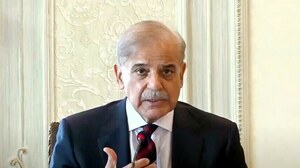


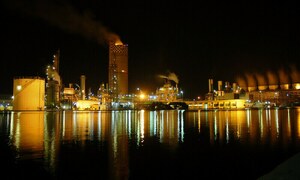
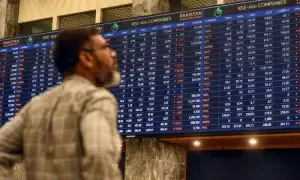
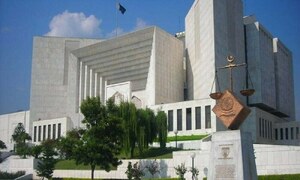





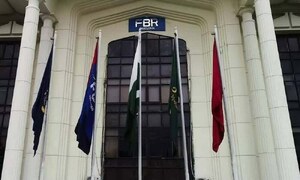
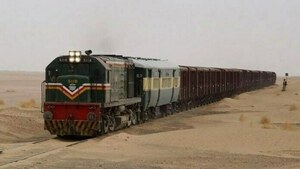


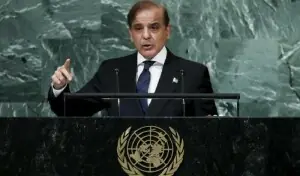


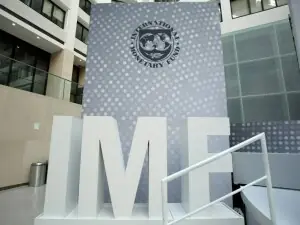
Comments
Comments are closed.